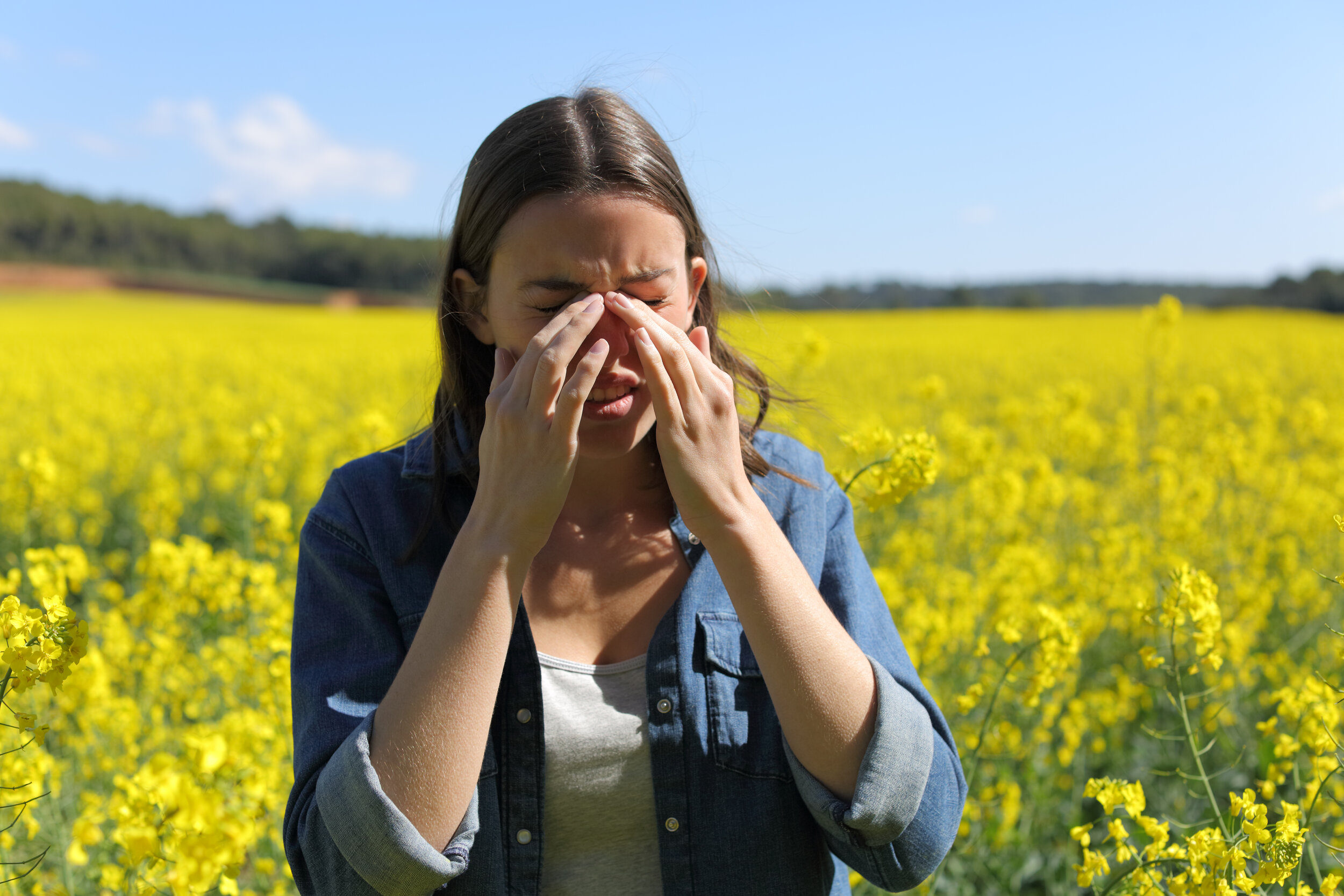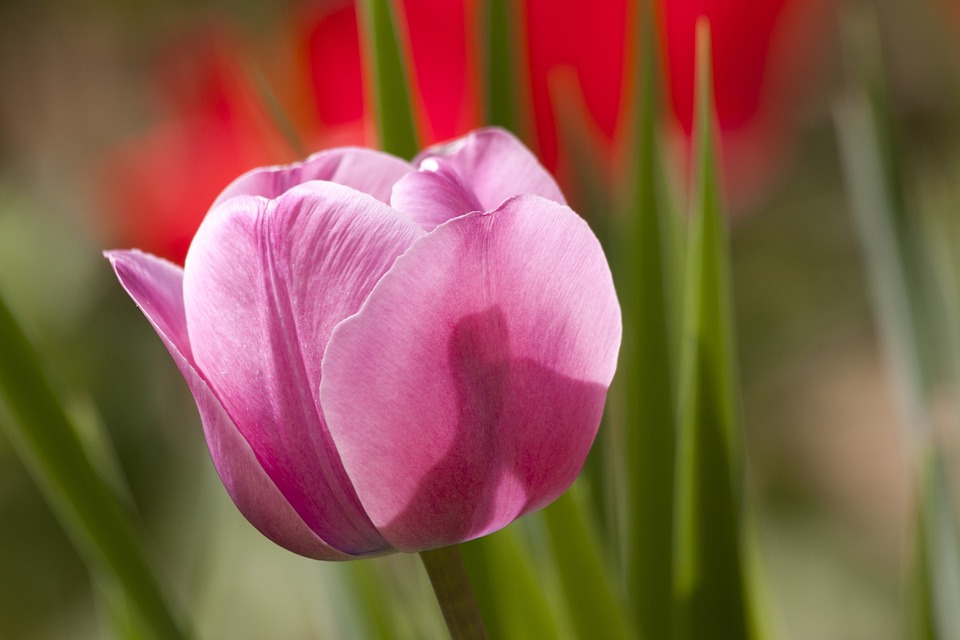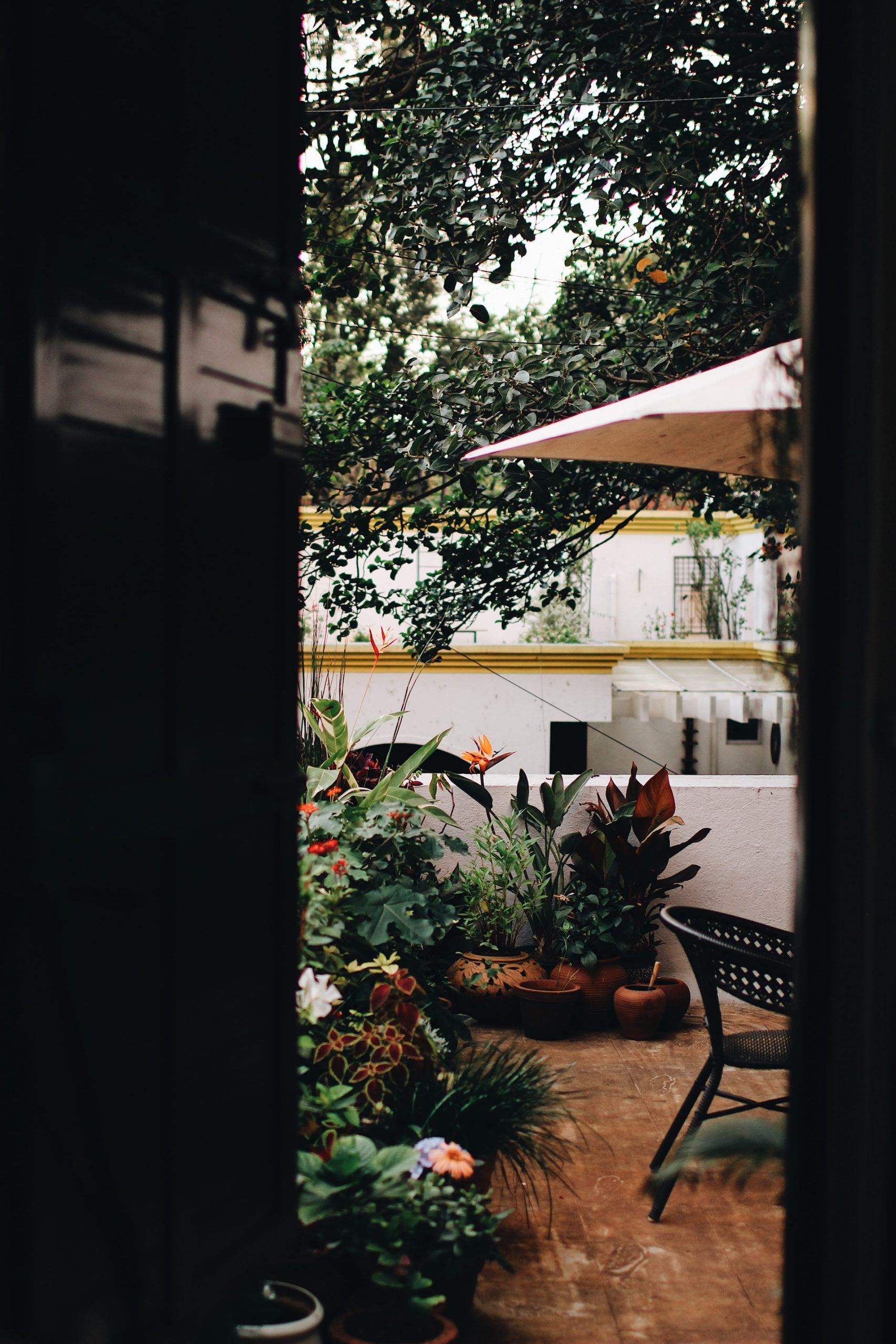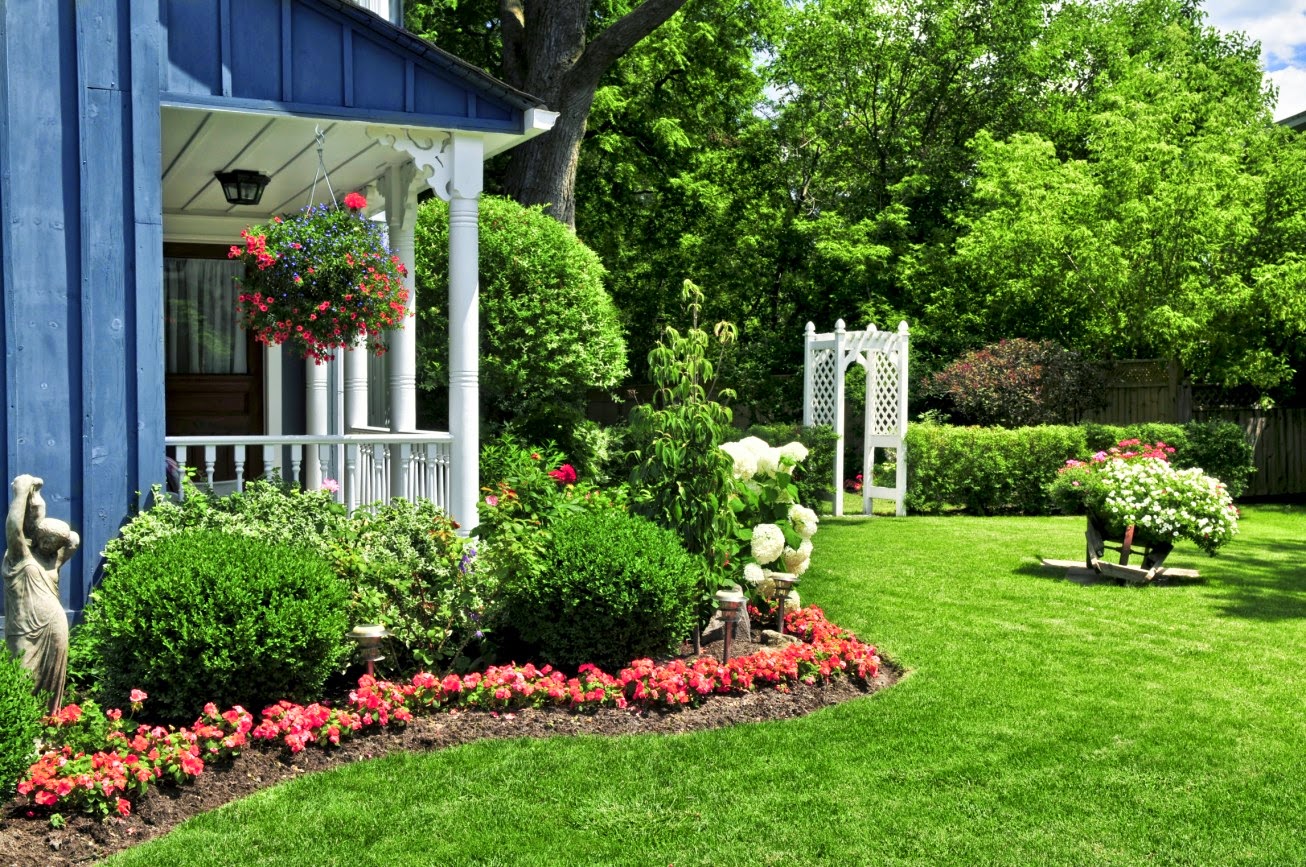There’s something oddly amazing and rewarding about gardening. Just like how some people enjoy cooking or working on cars or building things, similarly you get to watch your effort transform into a physical accomplishment of which you can be proud of. When you wake up each morning to water your plants, it’s like you are taking care of a child.
Gardening gives calm and soothing vibes that make you feel good. You love being in the sun, working hard and creating something beautiful. It’s a creative outlet. And, even when things aren’t going well in your life, you can escape in your garden –both physically and mentally. I can’t say why other people love gardening, but my most favorite part of gardening is that plants won’t say mean things to me, hurt my feelings and suck the life out of me.
In simple words, gardening is a good source of relaxation, exercise and enjoyment. However, can gardeners suffering from environmental allergies say the same thing?
The Link Between Gardening and Allergies
 Allergies are conditions in which the immune system overacts to typically harmless substances entering our bodies, often through the nose or mouth. And, when our body’s defense system misreads the danger of harmless foreign substances, it results in sneezing, coughing, wheezing, tiredness, dizziness, watery eyes and rash – these are all common allergic symptoms.
Allergies are conditions in which the immune system overacts to typically harmless substances entering our bodies, often through the nose or mouth. And, when our body’s defense system misreads the danger of harmless foreign substances, it results in sneezing, coughing, wheezing, tiredness, dizziness, watery eyes and rash – these are all common allergic symptoms.
Many individuals who suffer from these allergies often try to reduce their stress and anxiety by experimenting with different activities and hobbies. While it’s not surprising that people with allergies can benefit from activities like yoga, meditation, cycling and swimming, studies reveal that gardening can actually worsen allergy symptoms. How? Let’s find out!
Working In Dirt
 Home gardening is a fun and rewarding hobby but it also means that, most of the time, you’ll be digging in soil – soil that may have been wet with rain or snow. Many are unaware of how damp soil can become a breeding ground for mold growth, which is one of the main contaminants that can trigger allergic reactions. In fact, there are specific molds like hormodendrum, talternaria and aspergillus that are believed to be distributed in soil.
Home gardening is a fun and rewarding hobby but it also means that, most of the time, you’ll be digging in soil – soil that may have been wet with rain or snow. Many are unaware of how damp soil can become a breeding ground for mold growth, which is one of the main contaminants that can trigger allergic reactions. In fact, there are specific molds like hormodendrum, talternaria and aspergillus that are believed to be distributed in soil.
So, if you are an asthmatic patient or suffer from allergies, constantly working with soil will expose you to a high level of contamination which can worsen your allergic symptoms.
Another possible explanation could be fertilizer. If you are using fertilizing while working and potting your plants or if it comes mixed with the soil, it could have particles that can trigger allergic reactions in you.
Getting Rid of Weeds
 I once read that “a weed is no more than a plant in the wrong place.”
I once read that “a weed is no more than a plant in the wrong place.”
Indeed, weeds are harmful to plants because they steal the necessary nutrients from the soil that domesticated plants need to grow. This is why we always try to get rid of weeds as much as possible. However, did you know that removing weeds could actually trigger allergic reactions?
When you are pulling weeds, you are indirectly being exposed to pollen that was living right with the weeds. And, it’s a known fact that pollen can cause symptoms like sneezing, coughing and itching.
What Plants to Avoid?
If you are an asthmatic patient or an allergic sufferer, here are certain plants, trees and grasses that you should avoid at all costs:
- Alder
- Ash
- Aspen
- Beech Birch
- Box Elder
- Cedar
- Cottonwood
- Cypress
- Elm
- Hickory
- Juniper
- Maple
- Bermuda
- Fescue
- Johnson
- June
- Orchard
- Perennial Rye
- Redtop
- Saltgrass
- Mulberry
- Oak
- Olive
- Palm
- Pecan
- Pine
- Poplar
- Sycamore
- Sweet Vernal
- Timothy
- Walnut
- Willow
What Plants to Grow?
The following list consists of all the trees and plants that were proven to be better for people suffering from allergies.
- Apple
- Alyssum
- Azalea
- Begonia
- Boxwood
- Cacti
- Cherry
- Daisy
- Dogwood
- Dusty Miller
- Geranium
- Hibiscus
- Hosta



